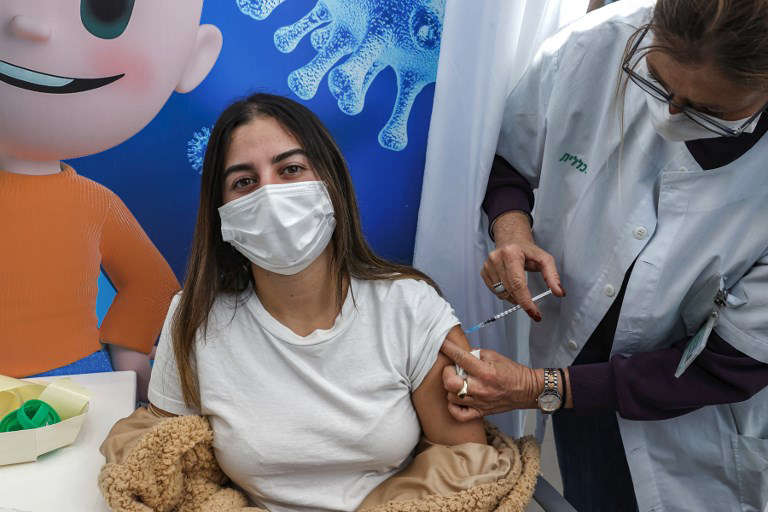A working group is currently being set up by Belgium's Superior Health Council to look into how the coronavirus vaccination of under-18s should be approached.
The vaccination of these age groups will be a pivotal part of Belgium's vaccination campaign, especially to keep schools open, according to Corine Vandermeulen, professor of vaccinology (KU Leuven).
"The virus can also circulate among them and I think that in that respect it is also important for them to be vaccinated, not only for their mental wellbeing but also to bring that safety to them," Vandermeulen told Radio 1 on Thursday.
Related News
- Under 65s in Flanders should receive coronavirus vaccination invitation next week
- US to start vaccinating teens over age of 12 against coronavirus
The Pfizer coronavirus vaccine has already been approved to be used for 16- and 17-year olds and the European Medicines Agency (EMA) is already looking into administering it in 12-15-year olds, according to Vandermeulen, who said a decision is expected by mid-June.
If the EMA approves Pfizer's coronavirus vaccine for children from 12 years old, Belgium will start vaccinating them in September, according to Gudrun Briat of Belgium’s Vaccination Taskforce.
In early March, Belgian Prime Minister Alexander De Croo also stated that children would be vaccinated against the coronavirus after the summer, but at the time, he did not announce an exact date for the rollout for under-18s.
Vandermeulen said that so far the results from Belgium's coronavirus vaccine rollout are "actually very good", and that it is now in sixth place on the list of European countries based on the percentage of the population that has already been vaccinated.
However, she added that the overall uptake rate is expected to decrease in the lower age groups, as people might be less motivated to get vaccinated, which she said is "why it's still important to inform people about why getting the vaccine is pivotal."
"If a large group brings this figure down, then the virus can continue to circulate in the population, which means that if new variants come along, they can also spread better," she explained.

